by Jack Mar 31,2025
With Monster Hunter Wilds shattering Steam records and the Resident Evil series enjoying renewed popularity thanks to Village and a series of stellar remakes, it's clear that Capcom is currently riding a wave of success. However, this wasn't always the case. Just under a decade ago, Capcom faced a dire situation following a series of critical and commercial flops, leaving the company struggling to reconnect with its audience.
Capcom was grappling with an identity crisis. The survival horror genre, pioneered by Resident Evil, had lost its edge following Resident Evil 4. Similarly, the iconic Street Fighter series was faltering after the poorly received Street Fighter 5. These challenges threatened to end Capcom's legacy in the gaming world.
Yet, amidst these struggles, a significant transformation occurred. A shift in Capcom's game development approach, supported by a cutting-edge new game engine, breathed new life into these beloved franchises. This revitalization not only restored Capcom's reputation but also propelled the company into a new era of critical and financial success.
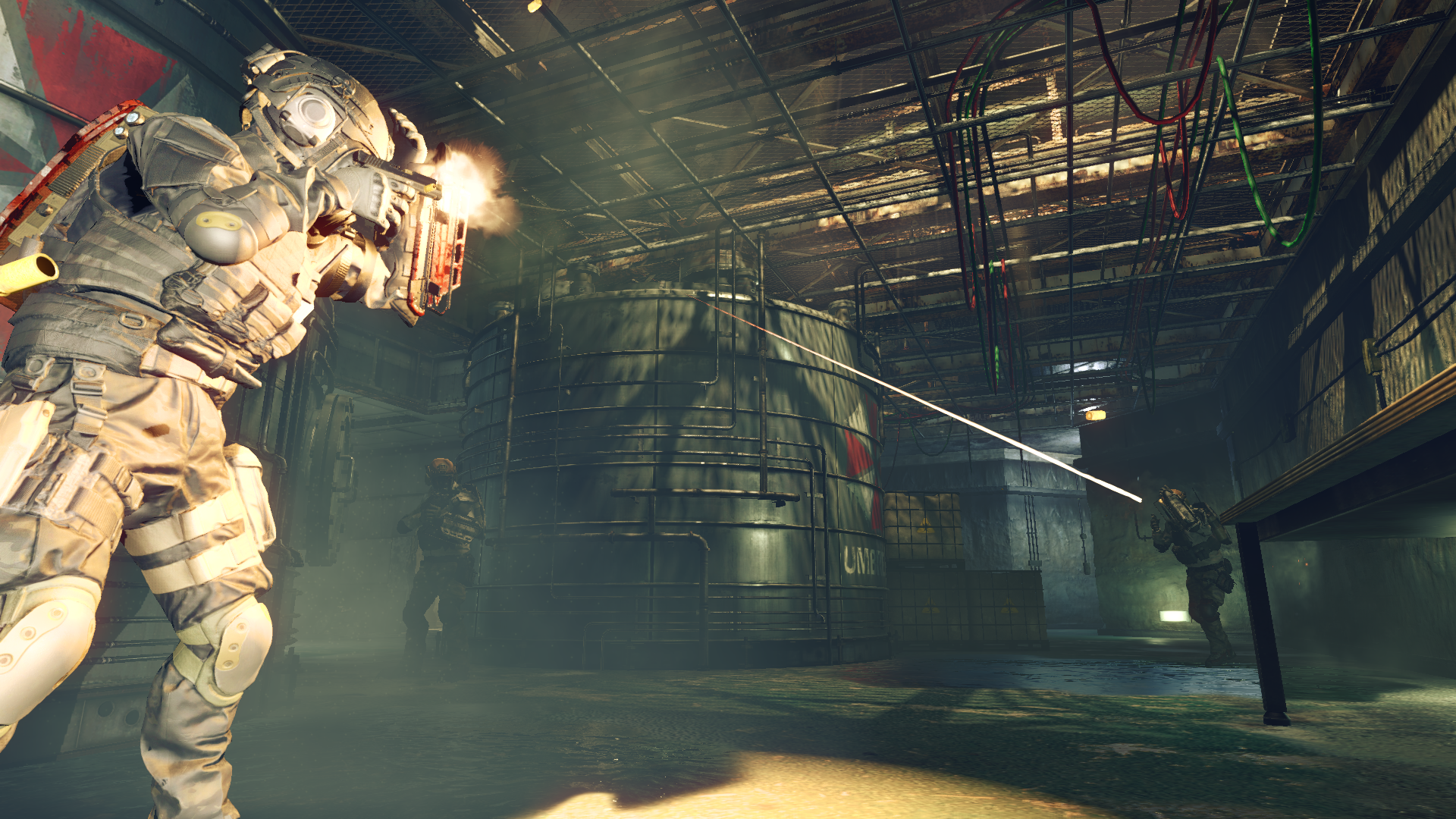
2016 marked a challenging year for Capcom. The release of Umbrella Corps, an online co-op shooter, was met with harsh criticism from reviewers and fans. Similarly, Street Fighter 5 disappointed many with its lack of content and poor online functionality. Even Dead Rising 4, which brought back the beloved character Frank West, failed to reignite interest in the series.
This period represented the nadir of a challenging phase for Capcom, which had been struggling since 2010. The mainline Resident Evil games saw declining critical reception despite strong sales, and Street Fighter was struggling to regain its footing. Other key franchises, like Devil May Cry, were absent from the scene. Meanwhile, Monster Hunter, while popular in Japan, faced difficulties expanding internationally.
Capcom's turnaround since 2017 has been remarkable. The company has consistently delivered hit games from its flagship franchises, including Monster Hunter World, Devil May Cry 5, Street Fighter 6, and several acclaimed remakes and reboots of the Resident Evil series. This resurgence reflects Capcom's commitment to learning from past mistakes and rethinking its strategy, from targeting a broader player base to adopting advanced technology.
To understand this transformation, IGN spoke with four of Capcom's leading creatives, who detailed how the company overcame its challenges to achieve unprecedented success.
Founded in 1979, Capcom initially focused on electronic game machines before rising to prominence in the 80s and 90s with 2D classics like Street Fighter and Mega Man. The transition to 3D gaming with titles like Resident Evil marked a successful evolution, culminating in the critically acclaimed Resident Evil 4.
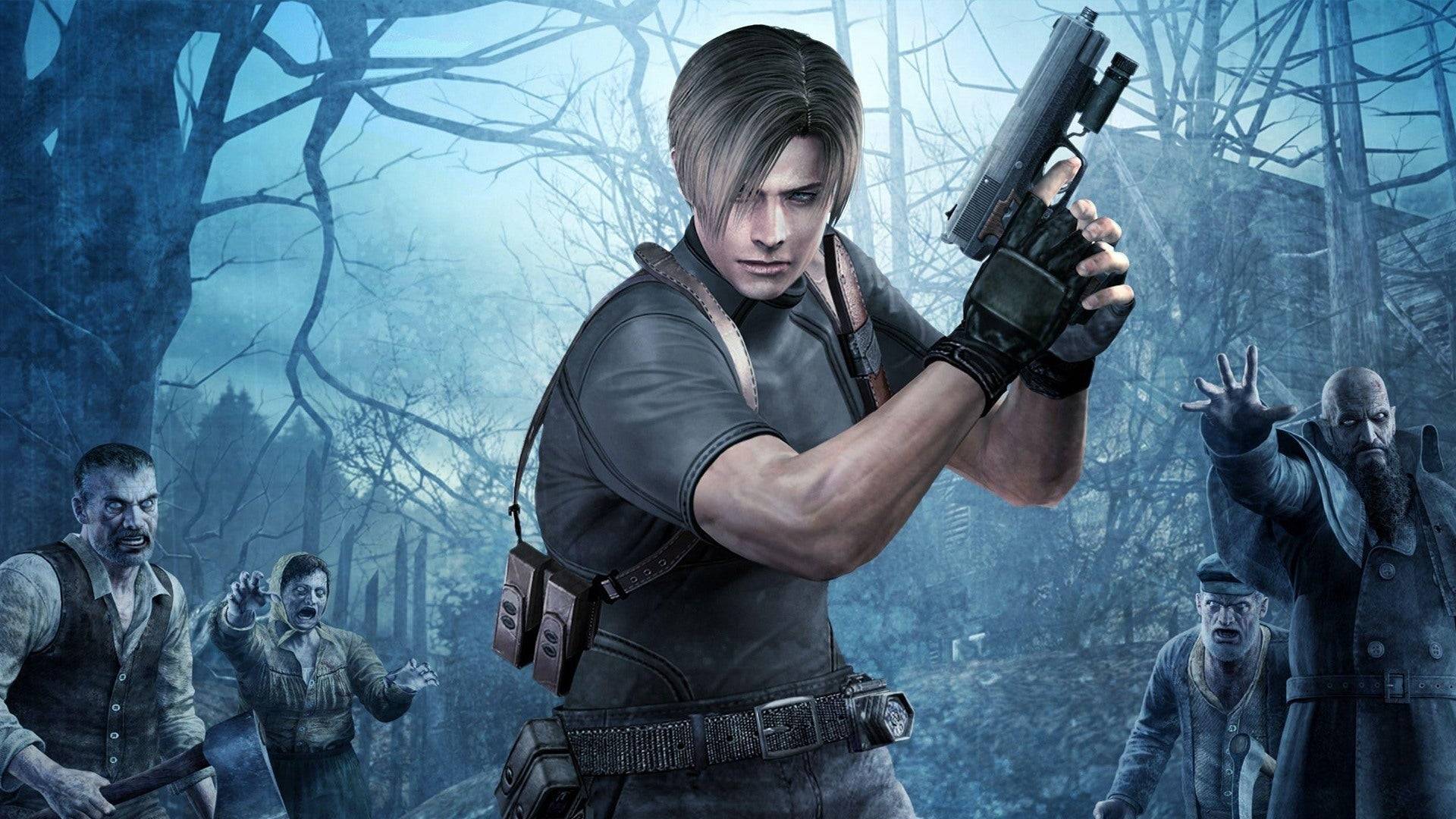
Released in 2005, Resident Evil 4 is often hailed as a masterpiece for its innovative blend of horror and action. However, subsequent games struggled to maintain this balance, with Resident Evil 5 shifting more towards action and Resident Evil 6 attempting to cater to both action and horror fans but ultimately satisfying neither.
Capcom's challenges were not limited to Resident Evil. Following the success of Street Fighter 4, Street Fighter 5 disappointed with its lack of single-player content and poor online performance. Similarly, Devil May Cry faced declining returns, leading Capcom to outsource DmC: Devil May Cry to Ninja Theory, which received mixed reactions. Other attempts to capture the Western market, such as Lost Planet and Asura's Wrath, also fell short.
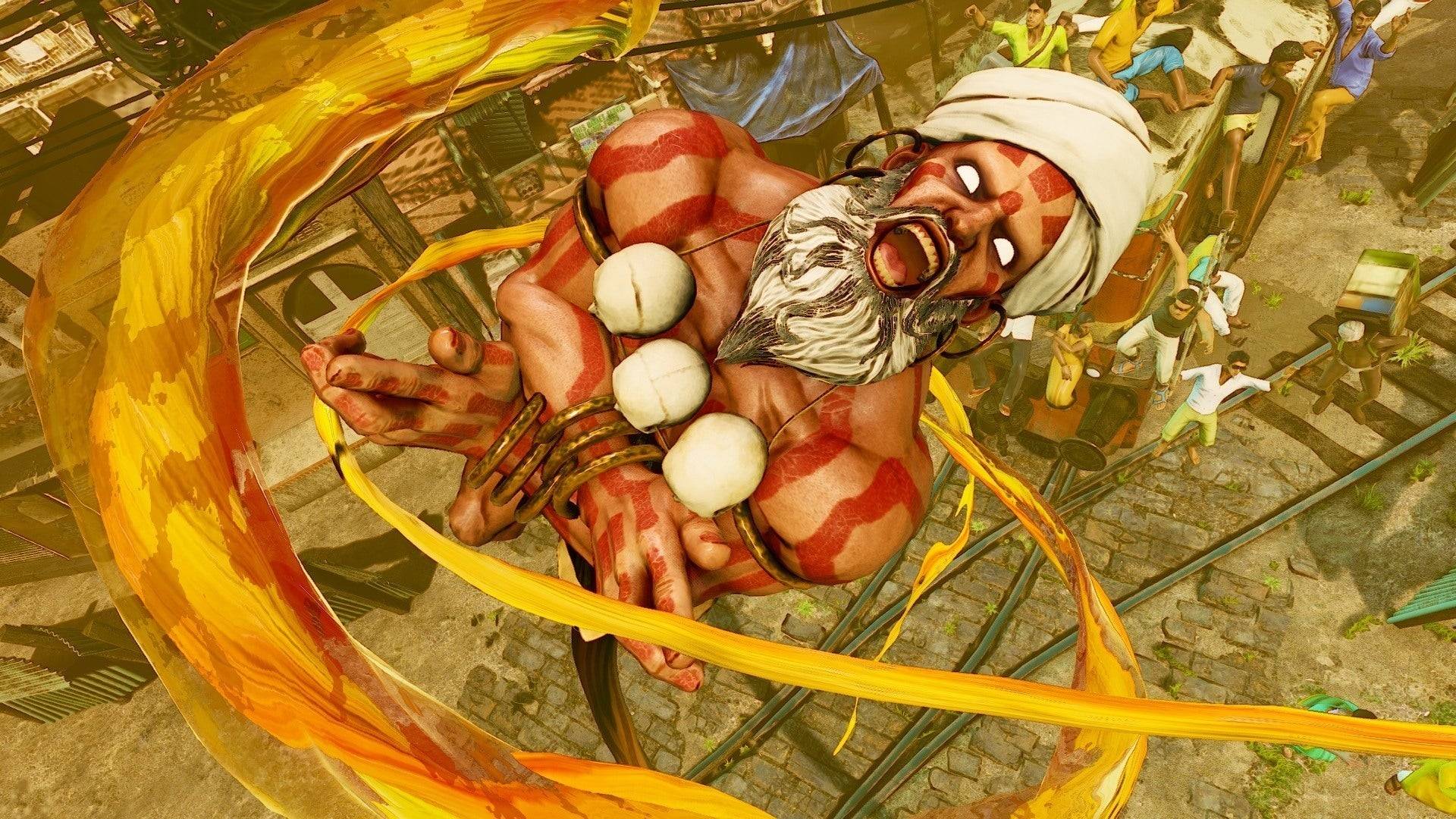
By the mid-2010s, Capcom began implementing strategic changes to turn its fortunes around. The first step was addressing the issues with Street Fighter 5. Directors Takayuki Nakayama and producer Shuhei Matsumoto were tasked with stabilizing the game, despite joining after its initial release.
Nakayama acknowledged the challenges faced during the game's production, explaining that the team had to work within existing constraints to improve the game. While unable to make major changes, they focused on fixing pressing issues and setting the stage for Street Fighter 6.
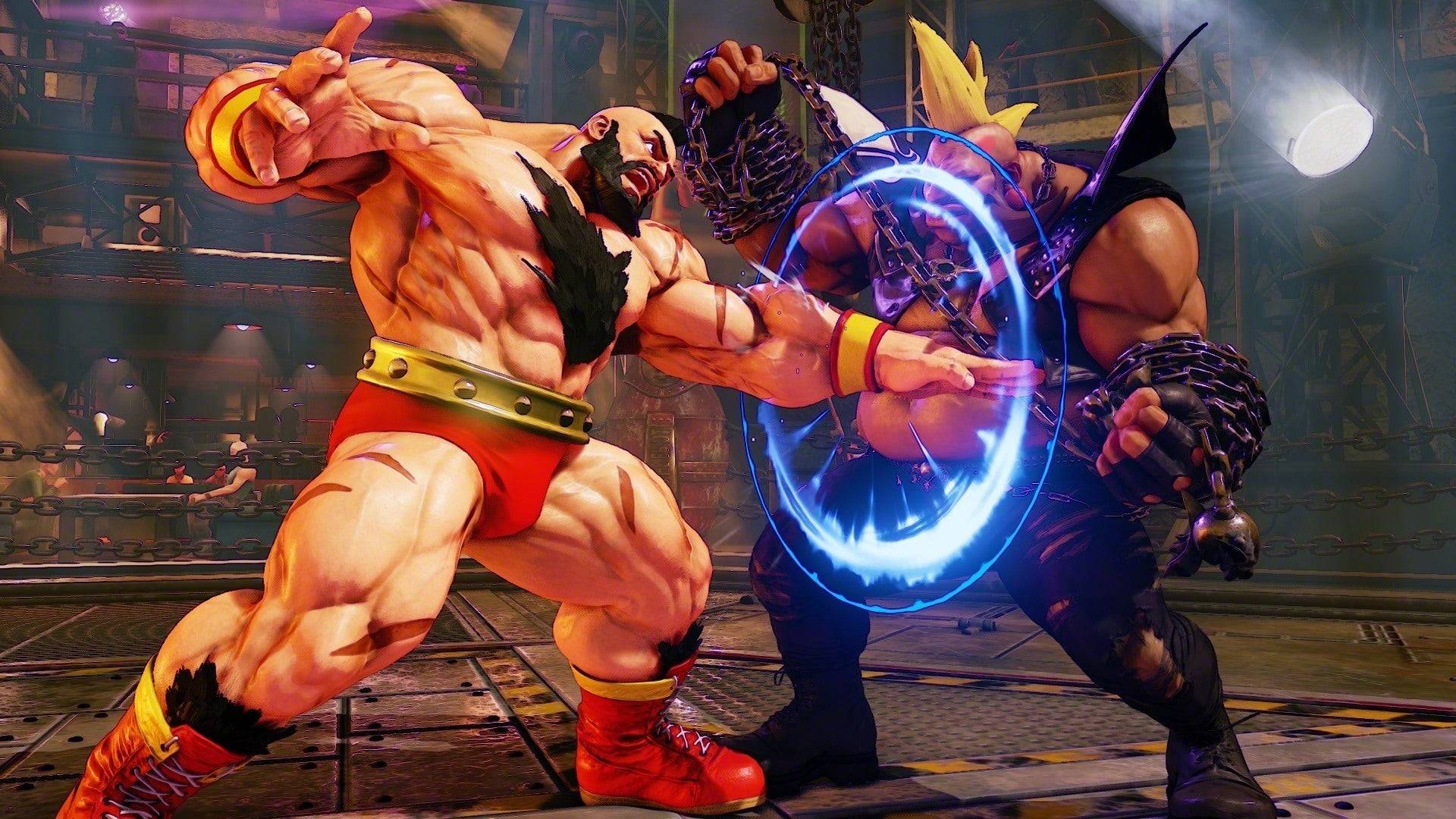
Matsumoto emphasized that abandoning Street Fighter 5 was not an option. Instead, the team used it as a testing ground to refine ideas for Street Fighter 6. This approach involved numerous updates, from improving netcode to introducing new mechanics, ultimately leading to the critically acclaimed Street Fighter 6.
Capcom's broader goal was to rediscover the fun in fighting games, ensuring that Street Fighter remained enjoyable for both new and experienced players. The company aimed to provide a clear path for players to improve and enjoy the game, a mission that was successfully realized with Street Fighter 6.
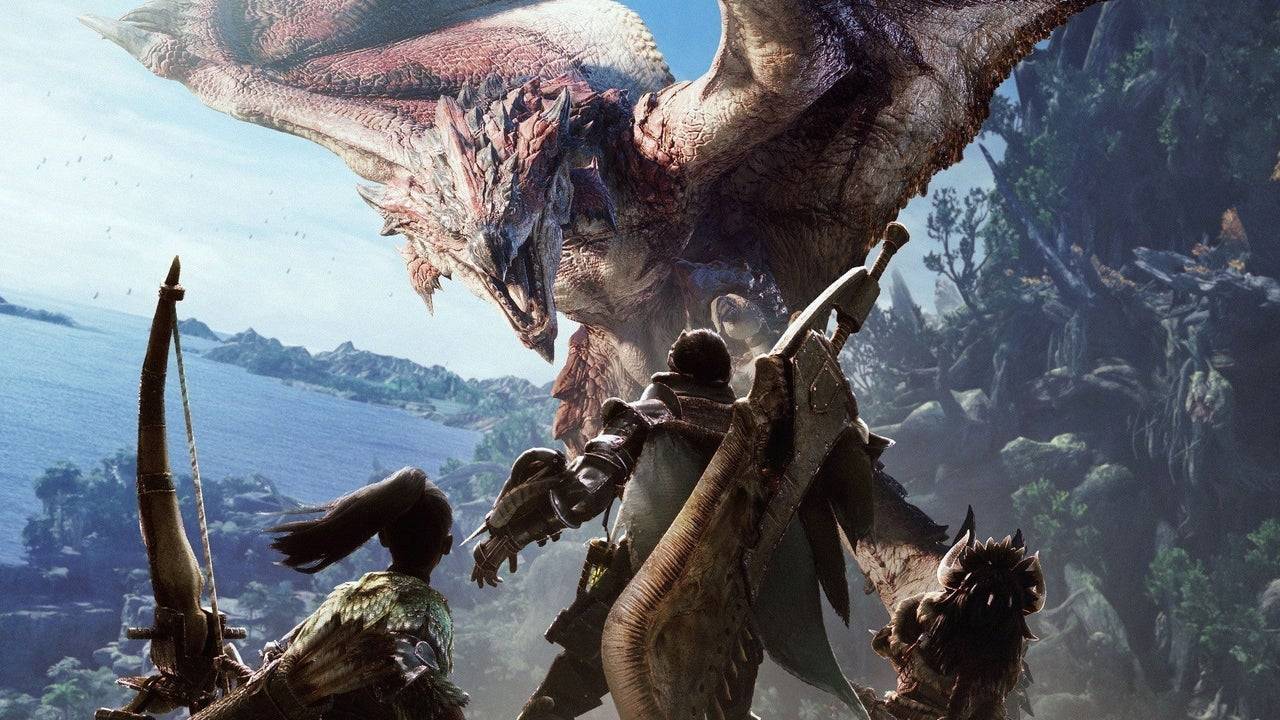
Around the time of Street Fighter 5's launch, Capcom underwent an internal reorganization to prepare for a new generation of games powered by the RE Engine, a significant upgrade from the MT Framework. This shift was not just about technology; it was also about creating games that appealed to a global audience.
Hideaki Itsuno, known for his work on Devil May Cry, highlighted the importance of this global focus. Capcom's previous attempts to cater to the Western market with action-heavy games like Umbrella Corps and Lost Planet had not been successful. The new approach was to create universally appealing games.
The Monster Hunter series exemplified this global ambition. While popular in Japan, Monster Hunter struggled to gain traction in the West. The series' success on handheld consoles in Japan was due to the ease of multiplayer gaming without internet access, but this limited its global reach.
With Monster Hunter: World, released in 2018, Capcom aimed to break these barriers. The game was designed for global appeal, with simultaneous worldwide releases and no Japan-exclusive content. Focus tests across the world helped refine the game's systems, leading to unprecedented success. Both Monster Hunter: World and its follow-up, Monster Hunter Rise, sold over 20 million copies each.
The series' latest installment, Monster Hunter Wilds, continues this approach, aiming to make the game accessible to new players while maintaining its core action gameplay.
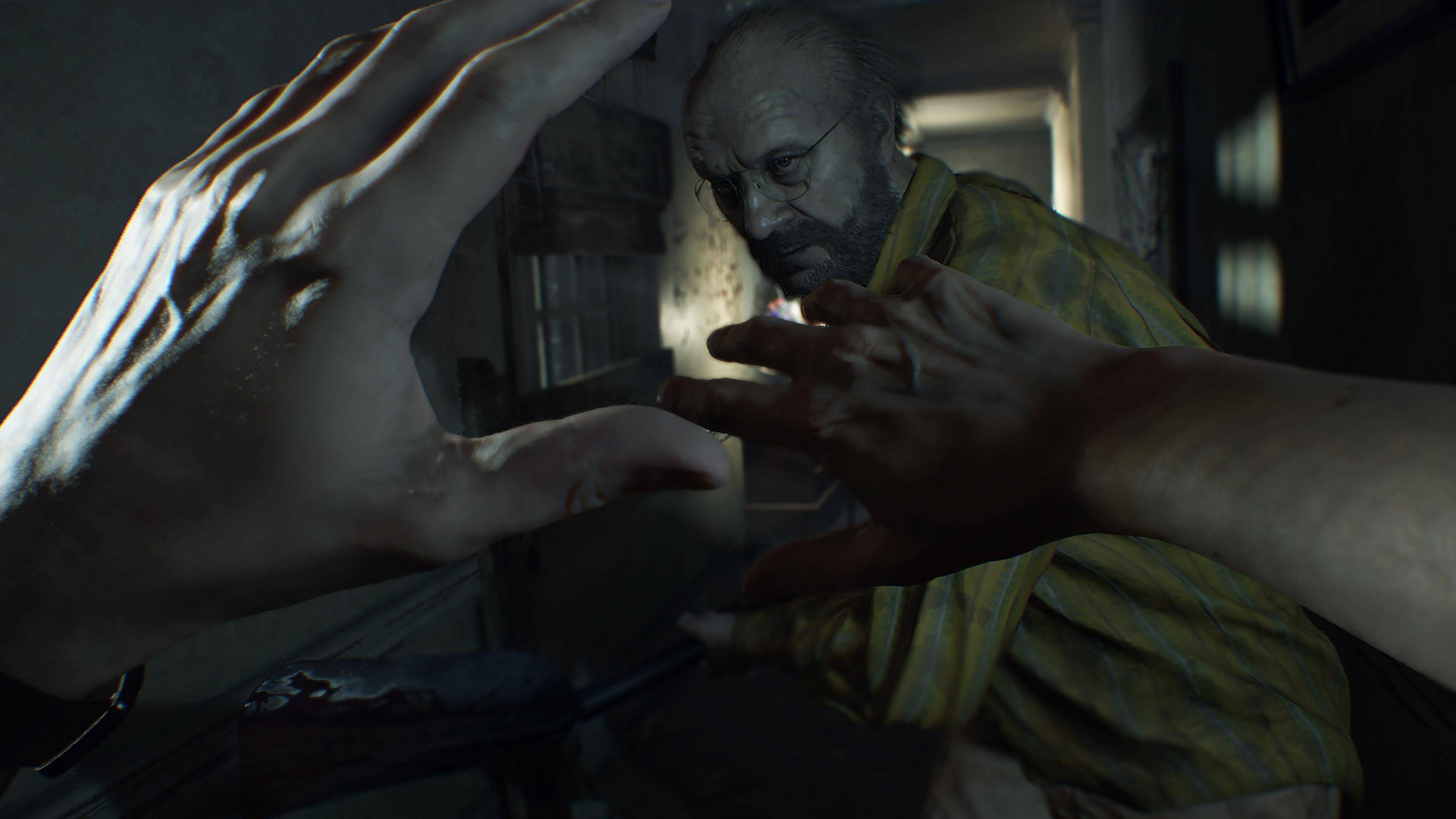
For Resident Evil, the challenge was to decide whether to focus on action or survival horror. Executive producer Jun Takeuchi made the pivotal decision to return to the series' roots with Resident Evil 7, which shifted to a first-person perspective to enhance the horror experience.
The game was a critical and commercial success, re-establishing Resident Evil as a horror franchise. While maintaining the first-person perspective for new mainline titles, Capcom also released third-person remakes, starting with Resident Evil 2, which became one of the best-selling games in the series.
The success of the Resident Evil 2 remake led to further remakes, including Resident Evil 3 and the highly anticipated Resident Evil 4 remake. Despite initial hesitations about remaking such a beloved game, the Resident Evil 4 remake fine-tuned the balance between action and horror, delivering another hit.
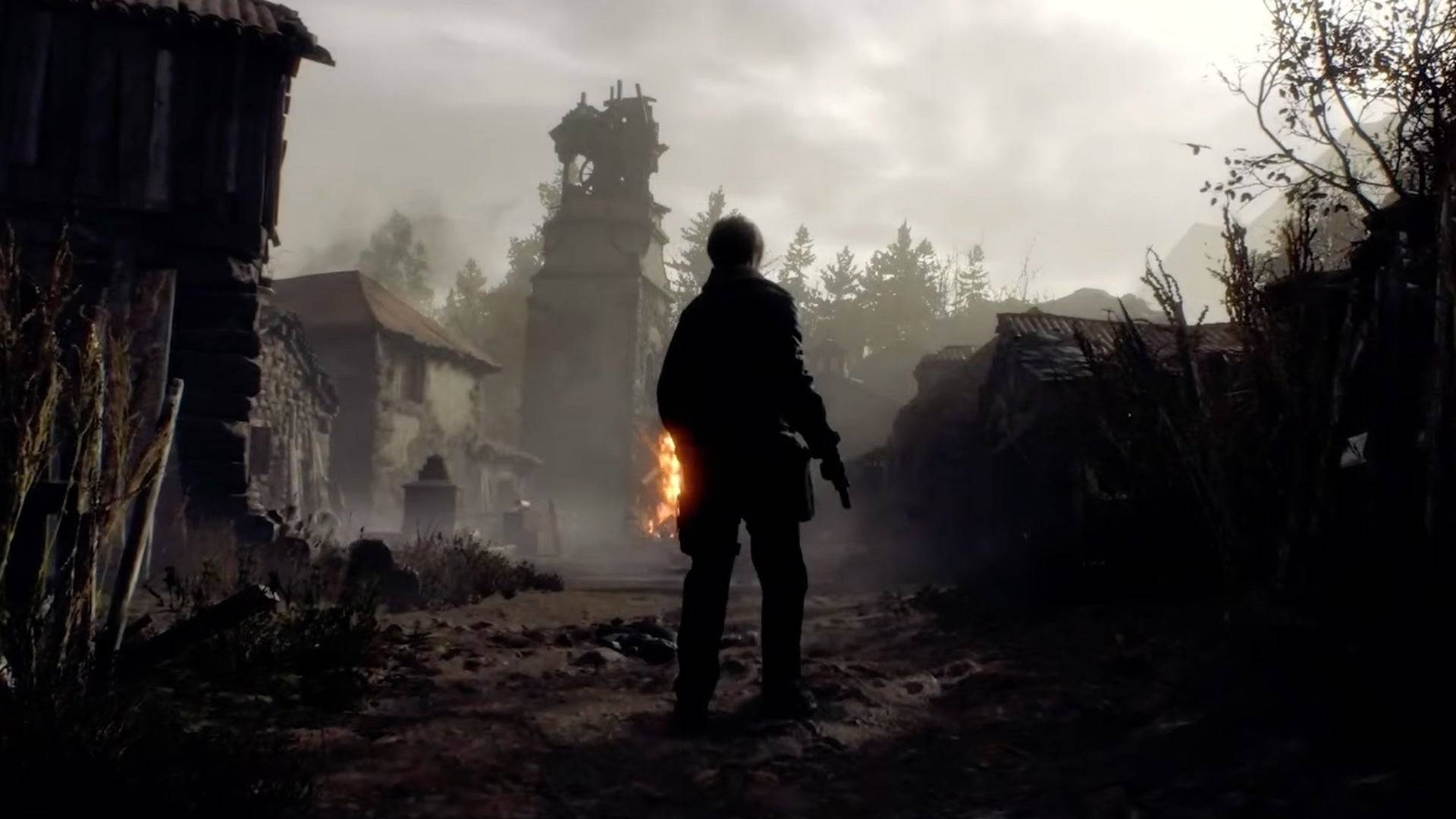
Similarly, Devil May Cry 5 marked a return to form for the action series. Director Hideaki Itsuno, inspired by the new RE Engine, aimed to create the coolest action game possible. The game's success was a testament to Capcom's ability to leverage advanced technology to enhance gameplay and visual fidelity.
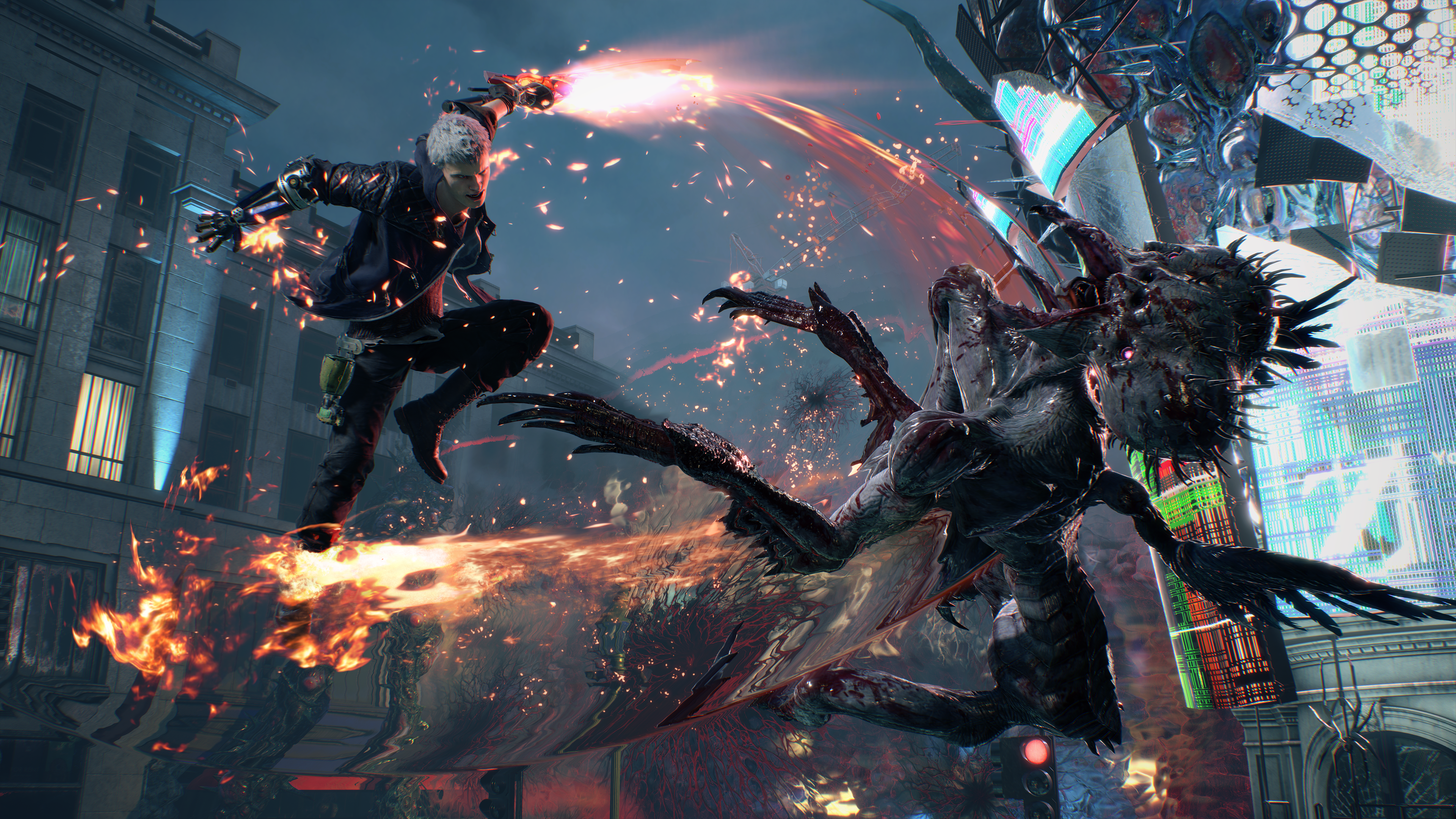
The RE Engine's introduction was pivotal, offering developers a more flexible and powerful toolset. This enabled rapid development and the ability to create photorealistic assets, significantly enhancing the quality of Capcom's games.
Itsuno's vision for Devil May Cry 5 was to distill everything he considered "cool" into the game, leveraging the RE Engine to achieve unprecedented style and gameplay.
Since 2017, Capcom has released a game of the year contender almost annually, a feat that sets it apart in an industry where consistency is rare. This success is attributed to Capcom's focus on creating globally appealing games using the technologically advanced RE Engine.
Capcom's commitment to maintaining the core identity of its franchises while expanding their reach has paid off. The company has seamlessly transitioned between genres, from fighting games to survival horror to action RPGs, without losing its edge.
As Capcom continues to thrive, its directors express optimism about the future. Street Fighter's Nakayama sees it as an exciting time to be at Capcom, while Monster Hunter's Tsujimoto hopes to extend this golden era as long as possible. Capcom's journey from near failure to a new golden age is a testament to its resilience and innovation.
"Clair Obscur: Expedition 33 Hits 1 Million Sales in 3 Days"
Roblox Deep Descent: January 2025 Codes Revealed
Ragnarok V: Returns Beginner's Guide - Classes, Controls, Quests, Gameplay Explained
How to Feed Villagers in Necesse
Bitlife: How to Complete the Renaissance Challenge
"Ōkami 2: Capcom, Kamiya, and Machine Head Discuss Sequel in Exclusive Interview"
Bahiti Hero Guide: Mastering the Epic Marksman in Whiteout Survival
Top 10 Liam Neeson Films Ranked

Alienware Area-51 Laptops Launch to Market
Dec 26,2025
Japan Alleges AI Image Copyright Violation in Landmark Case
Dec 26,2025
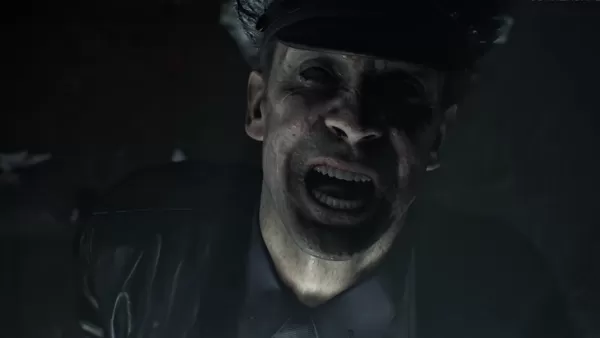
RE9 Confirmed as Resident Evil Requiem
Dec 26,2025

Amazon Slashes New iPad Pro with OLED, M4 Chip Price
Dec 25,2025
Elden Ring: Nightreign - Ironeye Exclusive Preview
Dec 25,2025